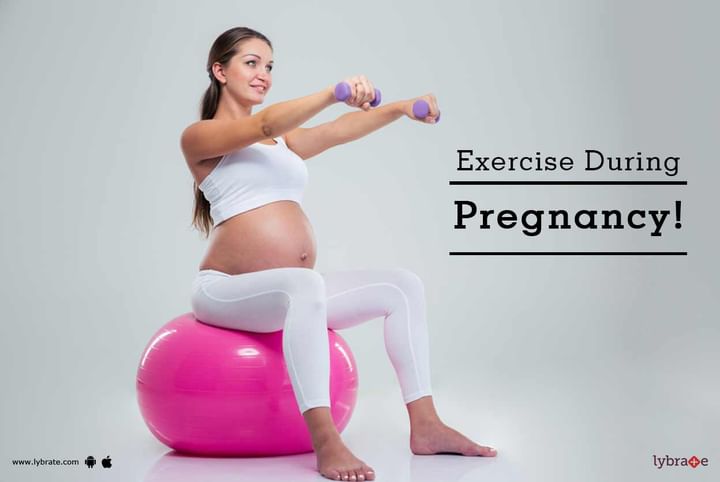Exercise During Pregnancy!
Pregnancy was once considered a time for rest when women advised to refrain from physical activity/exercise as they were considered to be harmful for the mother and unborn baby. This view is challenged by several studies which found that physical activity in pregnancy is safe and has many benefits for the mother and baby.
How do I stay active during pregnancy?
If you were active for at least six months before your pregnancy, ask your doctor about whether you may continue your sports or workouts safely. As you move further into your pregnancy and your body changes, you may feel mild aches and pains due to looser joints and shifting of your body weight. You may need to revise your exercise program every trimester to reduce the risk of falls and limit high-impact activities.
If you have not been active before your pregnancy, start low and go slow. Try regular brisk walking, swimming, strength training for pregnant women, or other activities that will strengthen your heart and lungs and tone your muscles.
What are the benefits of exercise?
Regular exercise can:
- Maintain cardiovascular fitness and improve circulation
- Help maintain a healthy weight
- Improve energy levels and sleep
- Reduce stress, anxiety and depression
- Lower the risk of varicose veins and swelling of extremities
- Maintain strength and flexibility
- Improve your balance, co-ordination posture
- Reduce physical complaints e.g. low back pain and constipation
- Prevent and treat pelvic floor dysfunction
- Prevent and control gestational diabetes mellitus (a type of diabetes that affects women during pregnancy) and high blood pressure
- Reduce the length of labour and delivery complications
- Help in postnatal recovery
What type of exercise is best?
It should be something that you enjoy, feel comfortable doing and can work into your daily routine. Over-exertion may result in overheating which can affect the development of the baby, so exercise safely at a low to moderate intensity.
Low impact exercise is recommended to reduce strain on your joints. Examples include:
- Walking
- Using an exercise bike
- Swimming
- Using a cross-trainer
- Aqua-aerobic classes
- Low-impact aerobic classes
- Endurance light weight training
- Pelvic floor muscle training
- Deep abdominal (transversus abdominus) muscle training
- Antenatal Pilates
- Antenatal yoga
What type of exercise should I avoid?
You should avoid high impact exercise, contact sports and other activities that may result in a heavy fall. Examples of exercise to avoid include:
- running
- cycling
- jumping
- step aerobics
- ball sports
- racquet sports
- skiing
- scuba diving
- walking at high altitude
- heavy weights
You should stop exercise and seek medical advice if you experience any unusual symptoms such as excessive shortness of breath, chest pain or palpitations, dizziness, painful uterine contractions, abdominal or pelvic pain and excessive fatigue.
Advice for exercising:
- Stop and rest if you feel too hot
- Avoid spas, saunas, solariums, and exercising in hot conditions
- Drink water while you exercise
- Don’t exercise for more than 45 minutes at a time
- Keep your heart rate below 150 beats per minute
- Wear a supportive wireless bra, ideally with wide straps
- Wear supportive shoes (trainers)
- Wear loose, breathable clothing
- Avoid extended periods on your back
- Eat carbohydrates at least 30 minutes before exercising
Which pregnant women should avoid aerobic exercises?
- Women with heart or lung disease
- Women with a weak (incompetent) cervix and those who have undergone cervical stitching (cerclage)
- Multiple pregnancy (twins/triplets) at risk of preterm labour
- Persistent bleeding in second or third trimester
- Placenta praevia (low lying placenta) after 26 weeks of pregnancy
- Women with raised blood pressure in pregnancy
- Severe anemia
- Poorly controlled diabetes or seizure disorder
- Poor growth of baby in current pregnancy (Intrauterine growth restriction)
- Women with premature uterine contractions in current pregnancy



+1.svg)
